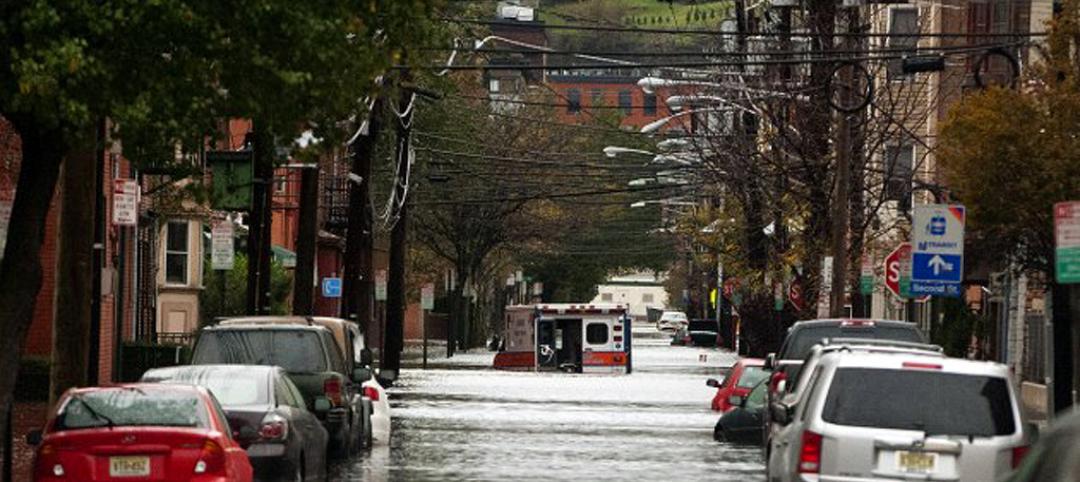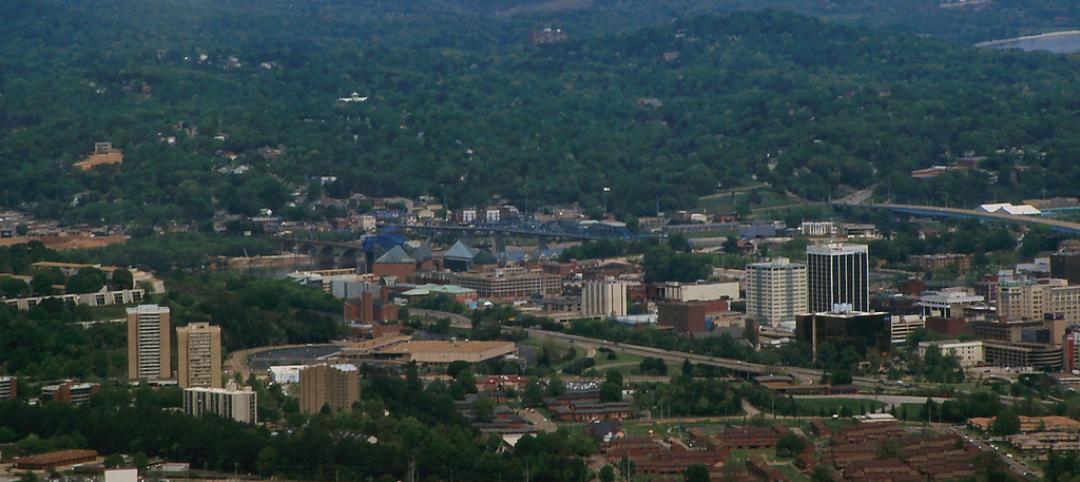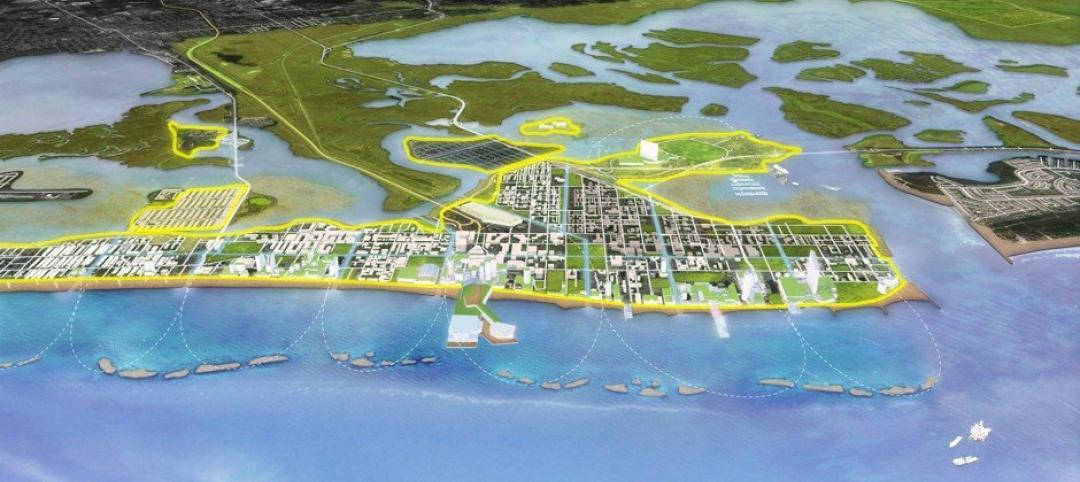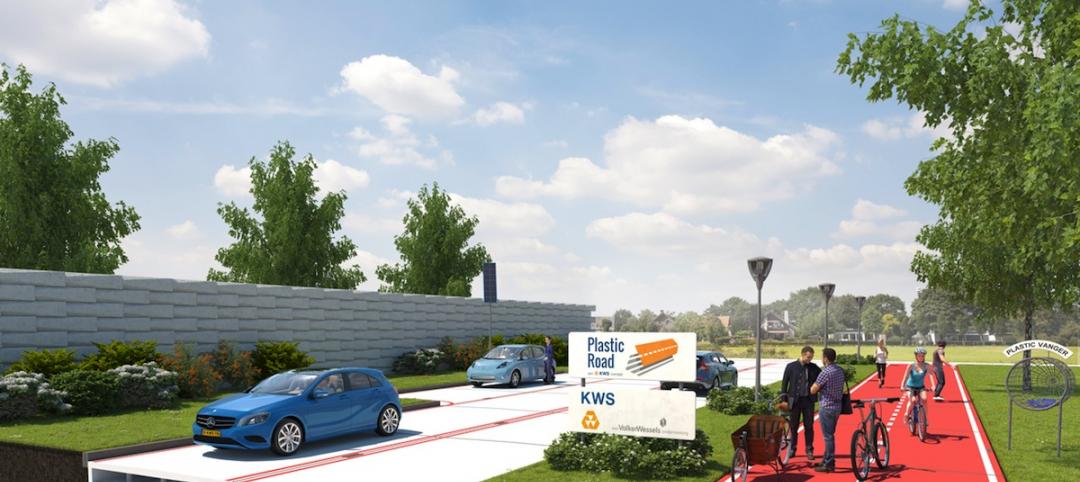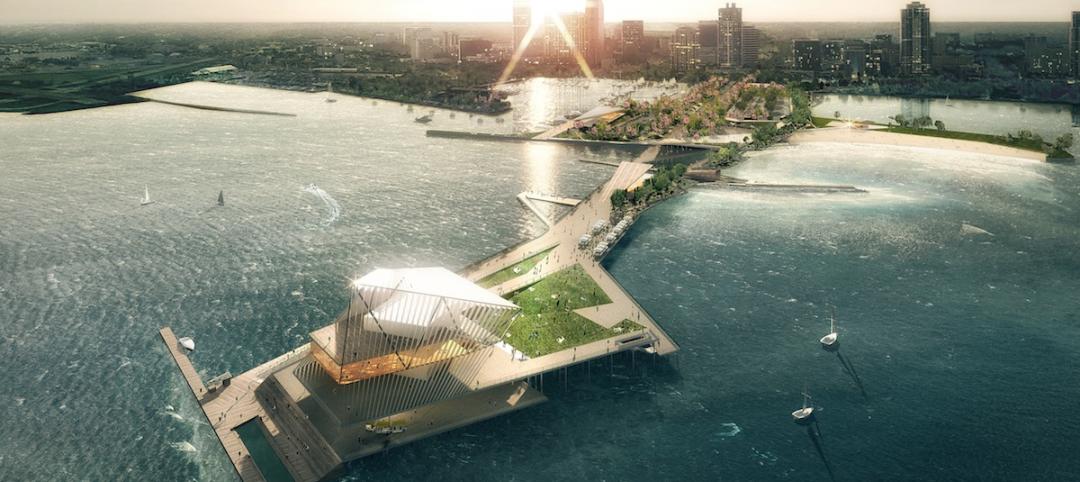Beginning next year, the Federal Emergency Management Agency will require states to evaluate the risks that climate change poses to their communities in order to gain access to millions of dollars of disaster preparedness funding.
The aim is for states to do a better job planning for natural disasters they are likely to face in a warming world. The new requirement won’t affect the post-disaster relief that communities receive after being damaged by natural disasters.
The rule change is part of FEMA’s revision to its State Hazard Mitigation Plan guidelines. FEMA distributes disaster preparedness funds to states that submit documents outlining the risks they face and how they plan to address them.
These efforts can include purchasing flood-prone properties to prevent future losses, building air-conditioned refuges for major heat waves, or creating procedures for shutting down or moving equipment in a floodplain.
Though the new policy has irked some on the right, even some fiscal conservatives say that if states did more for climate preparedness and adaptation, billions of dollars could be saved.
Bolstering that notion, a 2007 Congressional Budget Office analysis showed that for every dollar spent on disaster preparedness and mitigation, three dollars are saved in disaster recover.
Related Stories
Smart Buildings | Sep 28, 2015
Architects Foundation issues first annual report on National Resilience Initiative
The report, which includes the work of three schools, examines how architects work with communities through the National Resilience Design Network.
Smart Buildings | Sep 4, 2015
New York City allots $100 million for storm resiliency infrastructure in lower Manhattan
Part of $20 billion plan for the city.
Smart Buildings | Aug 26, 2015
Under, over, through: Reinventing spaces under elevated infrastructure
Activating the areas beneath elevated highways, rail lines, and freeways can create unique environments, writes SmithGroupJJR's Valerie Berstene.
Smart Buildings | Aug 21, 2015
Federal Alliance for Safe Homes offers plan to strengthen codes for disaster resilience
Some states losing ground on resilience, group says
Cultural Facilities | Aug 19, 2015
Proposed “High Line” in Mexico City pays homage to Aztec aqueduct
Plans for Mexico City’s elevated park include an amphitheatre and al fresco cafés.
Smart Buildings | Aug 5, 2015
8 cities win Bloomberg's 'open data' award
The competition, called "What Works Cities," promotes innovation in city government by making the massive amounts of city operations data more publicly accessible to better improve issues like job creation, public health, and blight.
Smart Buildings | Jul 27, 2015
Perkins+Will imagines new opportunity for Atlantic City
The architecture giant believes it has a solution that could put Atlantic City’s existing infrastructure to good use—by turning the Jersey Shore city into a research center for climate change and coastal resiliency.
Green | Jul 27, 2015
MUST SEE: Dutch company to test using plastic waste for road construction
KWS Infra is piloting a program to make roads from plastic garbage, including bags and bottles extracted from the ocean.
Smart Buildings | Jul 12, 2015
Office of Management and Budget asks agencies to consider climate change when budgeting for construction projects
For the first time, the U.S. Office of Management and Budget is asking agencies to submit budget plans that consider the effects of climate change on construction and maintenance of federal facilities.
Smart Buildings | Jul 9, 2015
St. Petersburg Pier’s dramatic makeover gets green light from city officials
The Pier Park will be a platform for a multitude of smaller and more flexible programs and experiences for tourists and the local community.





